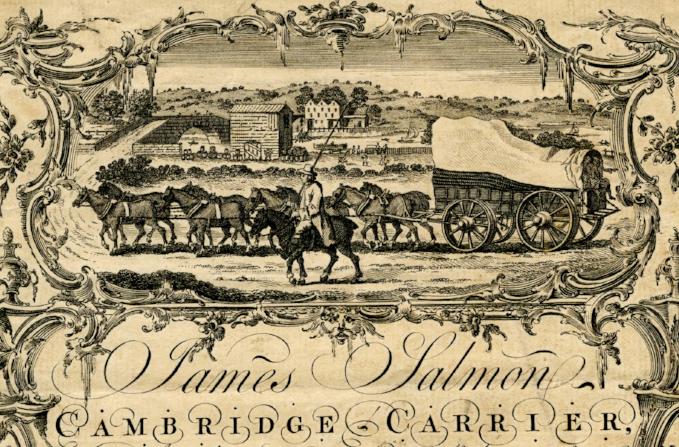Why do Labour History?
Why do labour history? If we think about it carefully, this question is absurd. Most of humanity works to make a living. At a fundamental level, human history has to be a history of labouring life. And yet, the study of labouring lives was a latecomer in the academic discipline of history-writing. The interesting phenomenon is the persistent marginality of labour history even today in the research focus of most major history departments of the world. More ironically, even as many progressive historians’ hearts bleed for the subaltern, the downtrodden, and the marginalized, this has somehow not necessarily brought labour history into the limelight. Instead, historical paradigms have continued to follow the footprints of power.

The past was, and in many ways remains, a discursive monopoly of the ruling establishment and from its very inception, history writing was a handmaiden to power. The modern profession of history-writing, with its empirical commitments to archival evidence, is a fruit that did not fall far from the tree. This empiricism conveniently played into the modern state’s obsessive production of documents to make society legible and governable. The enormous amounts of governmental archival documents kept generations of professional historians buried under the narrative plots bequeathed from the modern bureaucracy. And such narratives, ironically, even when they discussed workers, remained self-representations of state power and the interests of dominant social classes that this power represented. Even today, in this age when citadels of Eurocentrism are being forced to yield space to ‘the global’ and ‘world history’, global labour history has remained a marginal enterprise. It is perhaps important, then, to interrogate the ways in which global histories might have managed to embrace the world and yet quarantine critical questions.
Labour history as a research agenda has been, and is perhaps by necessity, a perennial struggle to recover human history from the conceptual clutches of documentary regimes propped up by power wielders. In the twentieth century, it had to struggle against the archival establishment of the nation-state and the interests it represented through dominant research agendas. And the persistent marginality of labour history despite the ‘global’ turn might indicate the need for another intellectual struggle.
When I participated in the setting up of the labour history research cluster at Cambridge, many of these thoughts were at the back of my mind. Cambridge has given to the world some legendary labour historians such as Gareth Stedman Jones and Rajnarayan Chandavarkar. And yet, labour history as a research agenda continues to be in need of further encouragement here. This effort has to be, I think, not merely an additional new area of study at Cambridge. As always, it ought to be a critical intellectual ferment that raises difficult questions for our existing paradigms of social history and world history. Labour history has emerged out of struggles, both on the streets and in the seminar room. It has emerged out of challenging power relations embedded in intellectual formations. And this, I believe, will be equally the case at Cambridge.
Partha Shil
